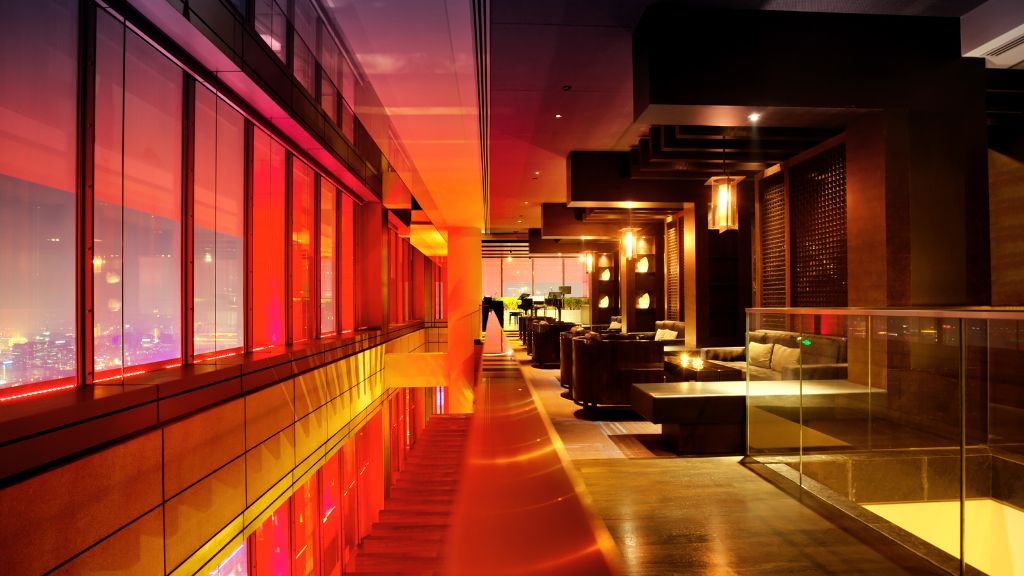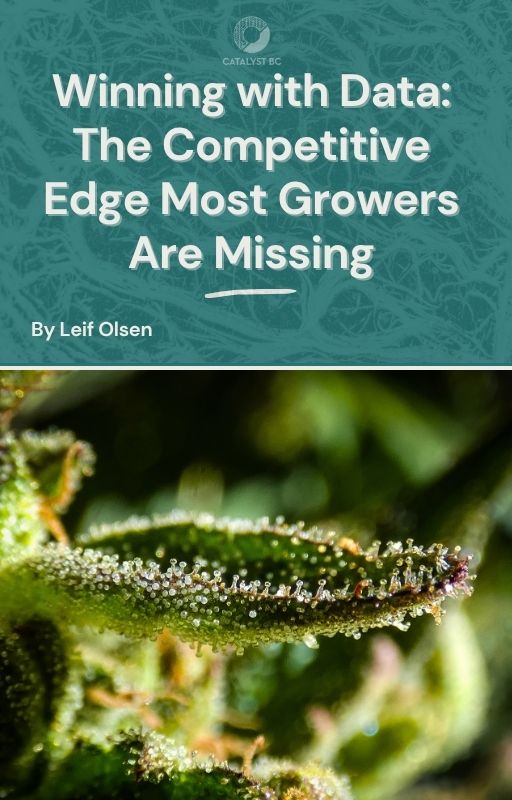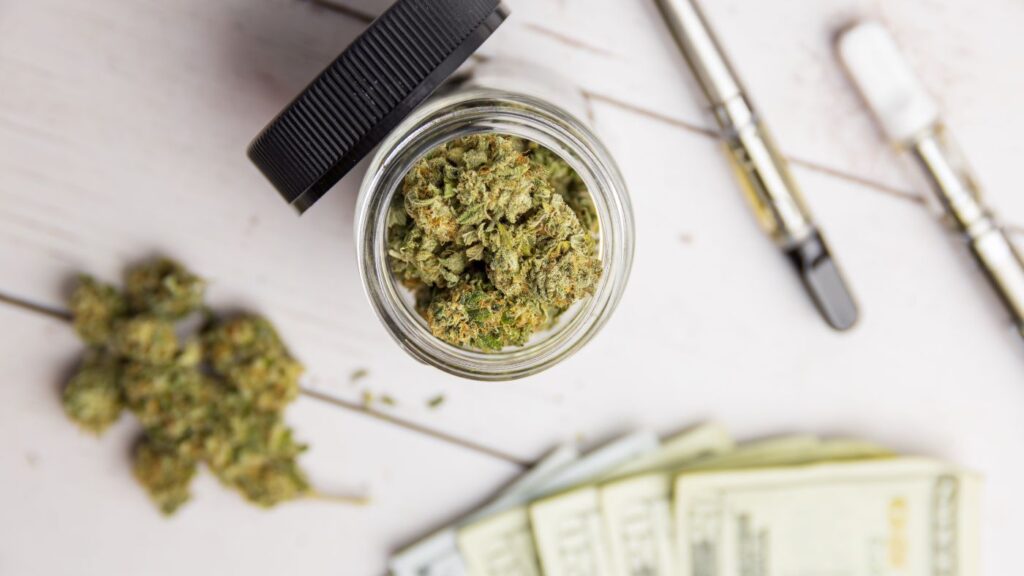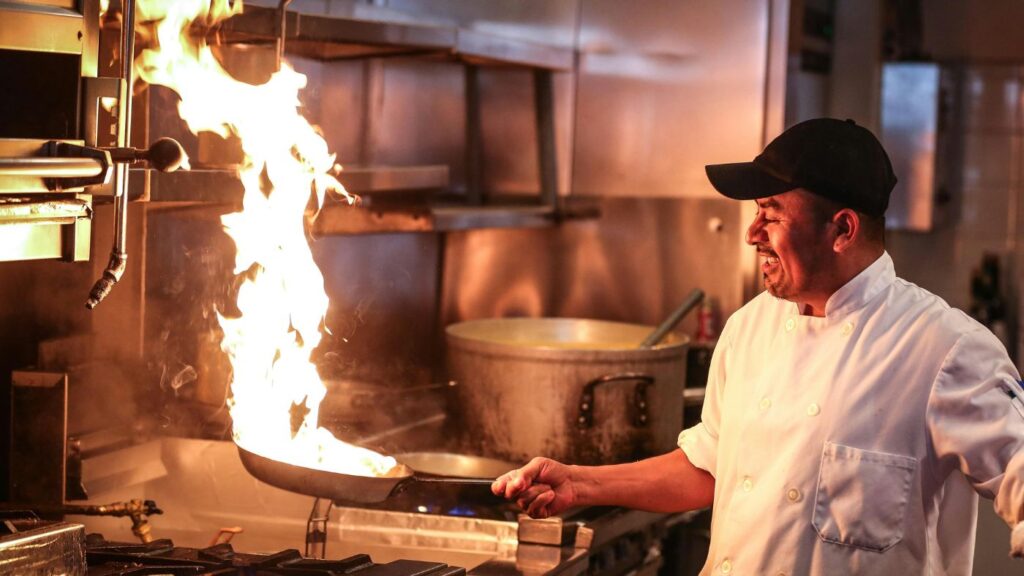Estimated reading time: 6 minutes
Table of contents
Cliff Notes: DC Cannabis Lounge Vs. Private Cannabis Club Explained
Objective:
Build a strong cannabis brand using effective branding elements and a comprehensive marketing strategy that includes digital strategies, influencer partnerships, and consumer education.
Key Components:
- Retail cannabis sales are illegal in DC due to federal law; no public cannabis lounge licenses currently exist.
- Public consumption of cannabis is prohibited and subject to fines under DC law.
- DC considered private cannabis clubs in 2016 but found legalization premature; no formal path to lounge licensing exists yet.
- Only legal consumption areas are private residences or medical-use facilities.
- Prospective entrepreneurs must follow a 501(c)(7) private social club model with strict membership, zoning, and non-profit compliance.
For guidance, Catalyst BC cannabis consultants help navigate zoning, regulations, and prepare for future licensing. Our team provides end-to-end consulting, legal readiness assessments, and strategic planning for cannabis hospitality ventures in DC. Learn about all of our cannabis consulting services or Book a Complimentary Consultation today.

Overview
In the District of Columbia, cannabis use and possession by adults 21+ is broadly decriminalized, but retail sales remain illegal due to federal restrictions. Unlike jurisdictions with regulated adult-use sales, D.C. has no state-sanctioned retail market, which means there is no official license for public consumption lounges. Public consumption of marijuana is explicitly prohibited under D.C. law (fine up to $100) and the city has only considered private club models.
In 2016 Mayor Bowser convened a Marijuana Private Club Task Force to study “private cannabis clubs,” but the panel concluded that “advocating for Marijuana Private Clubs at this time would be premature”. The Task Force noted federal illegality and lack of regulation as barriers. In short, no public “cannabis lounge” permit exists in D.C.; entrepreneurs must focus on private membership events or await legislative change.
Entrepreneurs should nonetheless stay aware of potential regulatory changes. If D.C. ever authorizes on-site consumption, applicants will need to navigate both ABCA (Alcoholic Beverage) rules and DC Department of Health regulations, and secure the host location.
For now, the only lawful consumption is private (e.g. in homes) or at approved medical facilities. Public or “open” lounges would violate both the Clean Air Act’s anti-smoking rules and D.C. restrictions. Prospective operators should plan steps like: confirming local zoning will allow cannabis-friendly private clubs, developing strict membership policies (e.g. DC residency, no intoxicated entry), and preparing to comply with IRS non-profit requirements (since private clubs must be 501(c)(7) social clubs under DC law).
Key Compliance Risks
Operating any public cannabis lounge in D.C. today would expose you to enforcement under the Controlled Substances Act or DC’s strict public consumption laws. Until an enabling law is passed, the safest path is a members-only club model analogous to Washington, DC’s private social clubs (with limits on membership, guest logging, and no cannabis sales on-site). Our cannabis consultants can help ensure your plan fits within current law and prepares for a future licensing program.
Why Hire a Cannabis Consultant?
Contact Catalyst BC’s cannabis consultants to assess your DC operation plan. Our experts will advise on legal trends and licensing pathways once DC authorizes any cannabis lounges.
Learn about all of our cannabis consulting services or Book a Complimentary Consultation today.
Washington DC Cannabis Lounge FAQs
No – DC has no regulatory license for public consumption. Only private membership clubs (no public sales) are possible under a 501(c)(7) model.
Clubs must be non-profit, membership-based, have Washington DC members, and obtain DC Alcoholic Beverage regs (no alcohol service).
Private club law recommends limiting members to DC residents, although it’s not explicitly prohibited, this avoids legal issues.
No – public consumption is illegal everywhere in DC; no permits allow on-site use in hospitality venues.
Since there are no dispensaries, this scenario is unlikely until Congress allows sales and an enabling law passes.
All public places are covered by DC’s Clean Air Act and pot ban – no exceptions for outdoor patios or cafes.
Monitor DC Council actions and DC Department of Health announcements. Legislative changes (via Initiative or Council act) would be publicized.
Yes. Even if DC allowed lounges, federal law still bans marijuana. That’s why past DC regulators urged caution.
Not yet. Some have proposed allowing cannabis on private hotel terraces or cruise ships, but nothing official is in place.
Yes – District of Columbia cannabis lounge expertise can guide you on legal strategies and readiness for future licensing.
Navigating the Washington DC cannabis lounge space is complex—one misstep can jeopardize your future. A specialized Cannabis Consultant brings deep regulatory knowledge, operational best practices, and hands-on project management.
From initial concept and licensing to grand opening and ongoing compliance, Catalyst BC’s end-to-end Washington DC Cannabis Consulting services ensure you launch faster, stay compliant, and maximize profitability.
Additional Resources
Free eBooks For Cannabis Business Success
Latest Articles
- Cannabis Startup Costs: From Licensing to ProfitabilityStarting a legal cannabis business isn’t just about getting a license—it’s about building a profitable, compliant, and sustainable operation in one of the world’s most capital-intensive and regulated industries. Many entrepreneurs enter this space with many goals, good intentions, and passion, but ultimately fail because they underestimate the cost, complexity, experience, and time required to turn a cannabis license into a thriving business.
- Cannabis License Pitfalls: How to Avoid Common Cannabis Licensing MistakesAs new adult-use programs launch, many entrepreneurs are eager to start growing, processing, or selling cannabis. Excitement runs high, but the industry’s heavy regulations and complex operations can quickly overwhelm even experienced business owners. Common mistakes include underestimating compliance requirements, rushing facility design, skipping proper procedures, and more.
- Maximizing Your Minnesota Cannabis Microbusiness or Mezzobusiness LicenseMinnesota’s new adult-use cannabis law allows microbusinesses (one store, up to 5,000 sq ft indoor, ½ acre outdoor) and mezzobusinesses (up to 3 stores, 15,000 sq ft indoor, 1 acre outdoor) to cultivate, manufacture, sell, and transport cannabis under one license. These vertically integrated licenses offer flexibility, but also come with complex state rules.
- The Recipe for a Top-Tier Cannabis DispensaryOperating a highly reviewed, top-performing cannabis dispensary takes more than simply stocking product and unlocking the doors. It requires operational discipline, regulatory expertise, top-tier customer service, dynamic merchandising, and a culture of accountability and community. With the cannabis industry continuing to expand—and regulations constantly evolving—success is defined by how seamlessly a dispensary integrates compliance, product curation, staff training, and marketing into day-to-day operations.
- Minnesota Lottery Results: June 5 Cannabis License Drawings and What’s NextThe Minnesota Lottery for cannabis business licenses reached a pivotal milestone on June 5, as the Office of Cannabis Management (OCM) conducted randomized drawings for select license types. These lotteries were open to both social equity applicants and general applicants vying for limited licenses to operate as cultivators, manufacturers, and mezzobusinesses. Additionally, a separate lottery was held exclusively for social equity applicants seeking a retail cannabis license.
- Cannabis Compliance Isn’t Just a Department—It’s a SystemCompliance in the cannabis industry is too often approached as a box-checking exercise or relegated to a single department or, in some cases, a single person. In reality, cannabis compliance must be woven into every aspect of operations – from seed to sale – to truly protect and propel a business forward.











